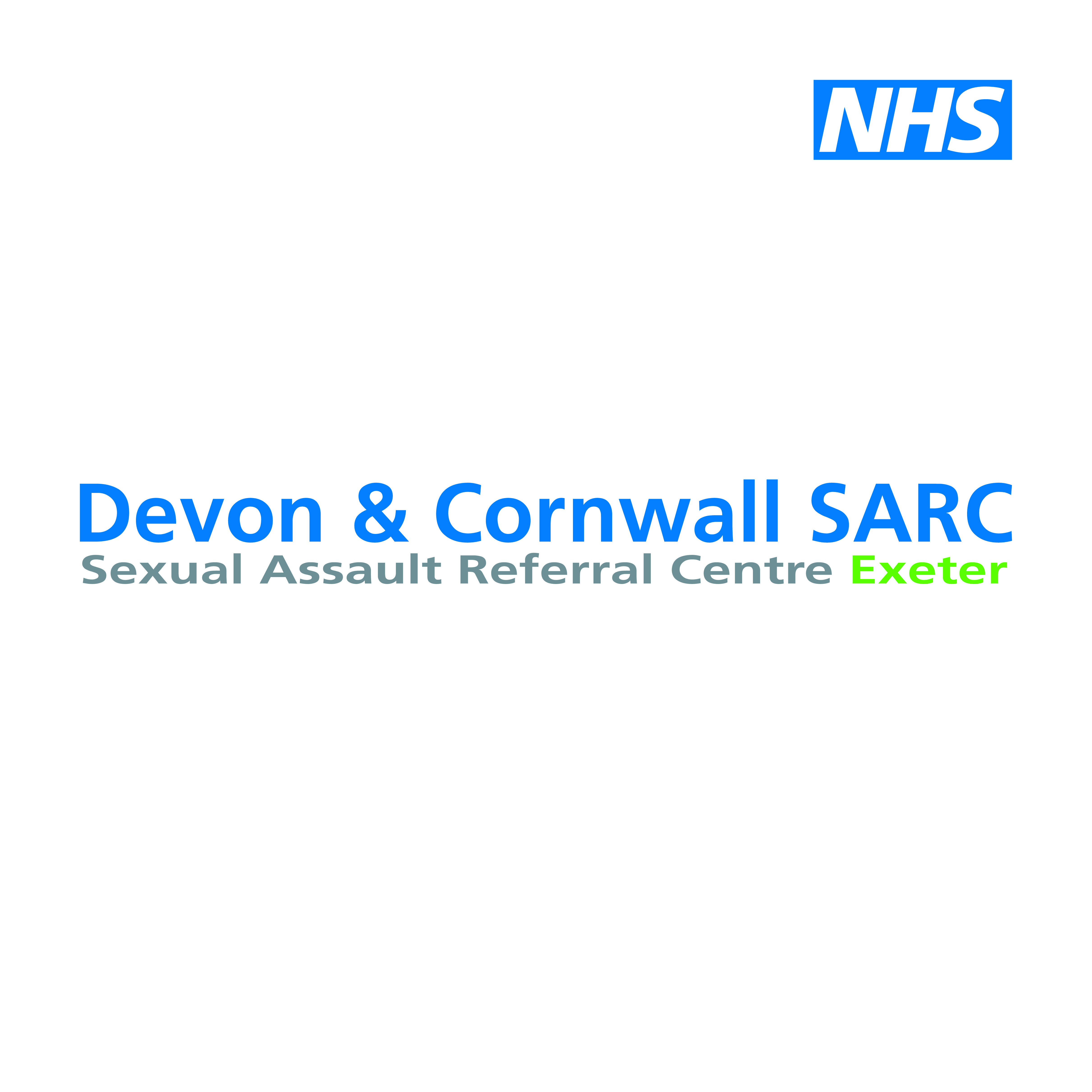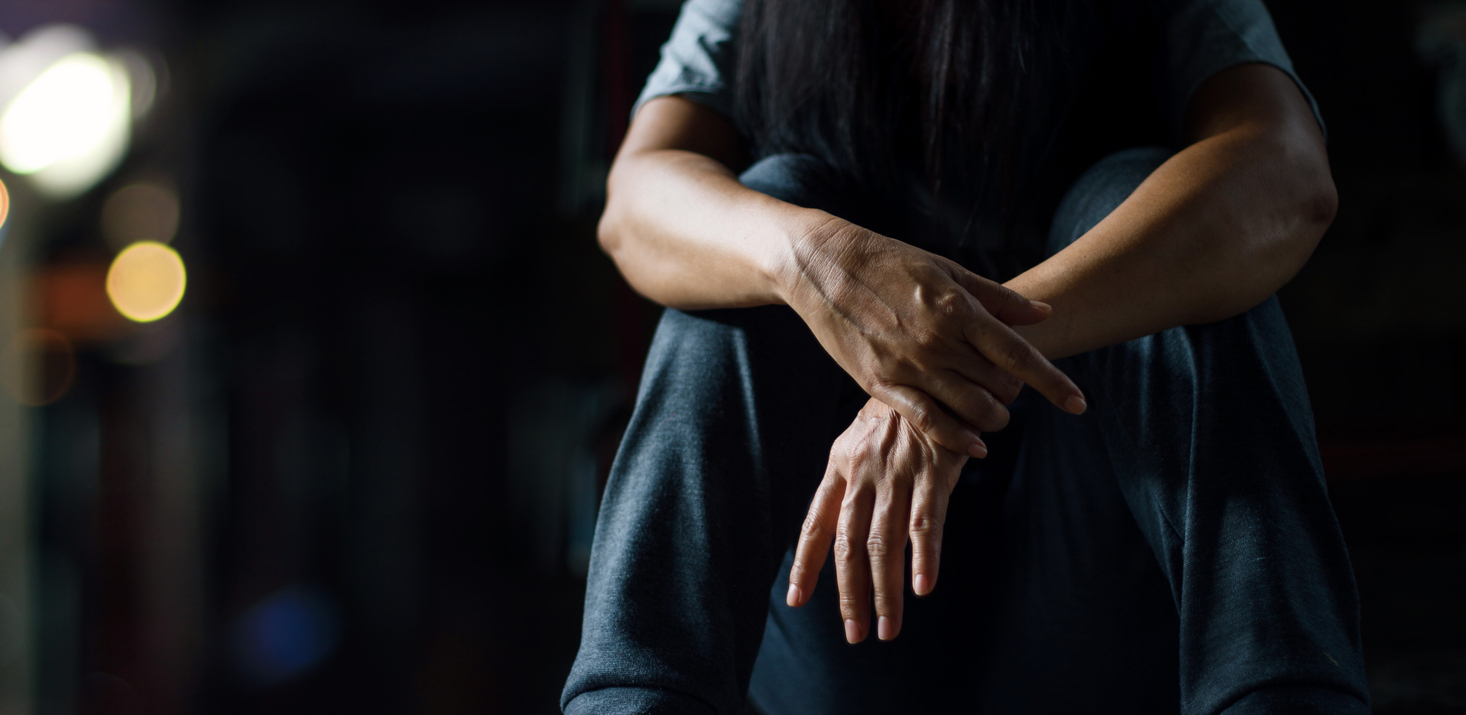
Domestic Abuse
One woman in four and one man in six in the UK will be a victim of domestic violence during their lifetime

What is domestic abuse?
Anyone forced to change their behaviour because they are frightened of their partner or ex-partner’s reaction is experiencing abuse. Domestic abuse can happen to anyone, regardless of age, background, gender, religion, sexuality or ethnicity. Domestic abuse is never the fault of the person who is experiencing it.
Domestic abuse is a crime.
If you are being abused, threatened, physically or sexually assaulted by a partner, ex-partner or family member, this is domestic violence. It is important to recognise this is happening to you, understand you are not to blame, and get help and support which is available. There are a range of organisations locally and nationally that can provide help and support. Below is a video that explains a little more about some of the signs of an abusive relationship. Remember you have the right to feel safe and live free of abuse. This is not your fault.
10 relationship red flags of abuse: https://www.youtube.com/watch?v=_RqXZL93kyQ

To stay or to Go
Many victims of abuse choose to stay for a number of reasons; they should not be punished for this. However it is worth taking time to consider how to keep yourself and any children as safe as possible. It is always important to record any injuries with someone you trust, such as sending the photos to a friend to save, or if possible speaking to your GP as they can keep the images safely.
Remember you are not responsible for what someone else does, even if they insist that you are.
Before a victim is able to leave a vulnerable and volatile relationship, it is best to spend time researching options and have a prepared plan to leave. It is also important somebody (close friends/family) knows you are leaving and are safe and well. If it is safe for you to do so, contact a helpline to discuss finding a refuge and get advice on what to do next and how to keep safe. In an emergency where the victim needs to flee right away a helpline can assist the victim in finding somewhere safe where they can stay.

Clare’s Law
Clare’s Law, or the Domestic Violence Disclosure Scheme (DVDS), gives any member of the public the right to ask the police if their partner may pose a risk to them. Under this law a member of the public can also make enquiries into the partner of a close friend or family.
The aim of Clare’s law is to help people make a more informed decision on whether to continue with their relationship.
To make an application you will need to call 101, the police will take the details from you and talk you through the next steps. You will need to give your name, address and date of birth.
If the police choose to disclose information this will usually be to the person at risk. Thi sdisclosure will be made in person, nothing is ever put in writing and you will not be given any documents. There may be occasions when the police do not deem it appropriate to let you know if a disclosure has or hasn’t been made.

What can I do if I think someone is being abused?
It is essential that you stay in touch regularly with anyone you are concerned about, especially during the COVID pandemic. Use the coronavirus as an excuse to talk more often by phone, however you should bear in mind the call may be being monitored. If you live nearby and it is safe to do so, exercise past their house or use the excuse as you were just passing or wanting to drop of food/gifts whilst following the 2 metre guidelines. If you have mutual friends it may be worth creating a rota of people ‘checking in’ so that the perpetrator does not get suspicious of 1 person.
If you have any immediate concerns you need to contact 101 or 999 if they are in immediate danger. Alternatively you can call domestic abuse helplines to discuss your concerns and gain support.
This is not your fault
If this is your reality, you may feel confused, afraid, angry, ashamed, or trapped. You may blame yourself or feel responsible for what has happened in your relationship. You may even feel a responsibility to fix it. These feelings are normal responses to abuse. There is nothing wrong with you. Domestic abuse is not ok and it is not your fault.
If you need help or support yourself or on behalf of someone you can contact:
You can call Devon Sexual Health on 0300 303 3989. We are a safe space, we will support you and are able to signpost to other services.
Devon domestic abuse service: helpline 0345 155 1074 open 09.30-16.30
Womens aid: 24 hour Freephone 08082000247
Torbay (TDAS) can help enable informed decision making. The service will enable people to make informed choices about their safety, health, housing and other identified individual needs. Support is confidential and non-judgemental, regardless of whether people wish to leave a relationship, stay or have left. : 01803 698869
Victim care Devon and Cornwall: this service can help those with advice, support and signposting if they have been a victim of crime including domestic abuse: 01392 475900
Travellers healthy relationships information – https://women.travellermovement.org.uk/community-corner/healthy-relationships/


